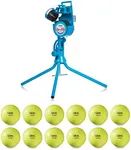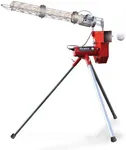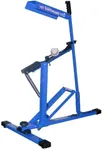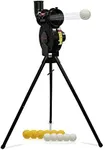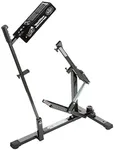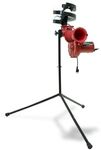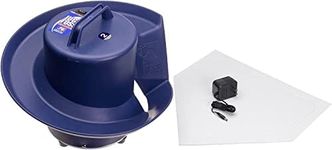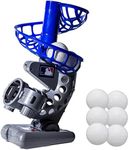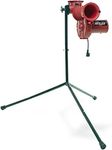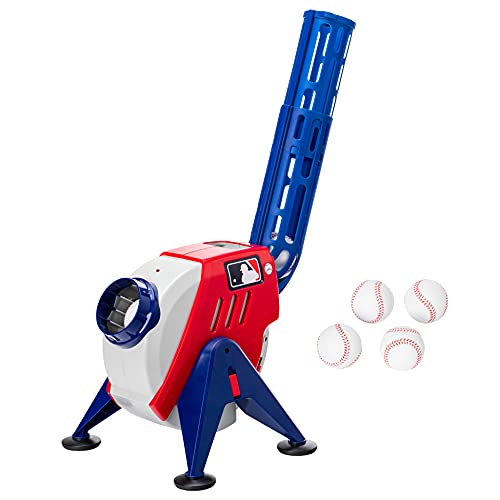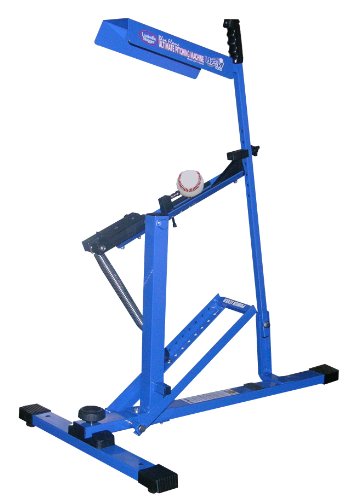Buying Guide for the Best Pitching Machines
Choosing the right pitching machine can make a big difference in your baseball or softball training. The best approach is to think about who will be using the machine, what skills you want to develop, and where you’ll be using it. Consider the age and skill level of the players, the types of pitches you want to practice, and how portable or durable the machine needs to be. By understanding the key features, you can find a machine that matches your training goals and helps you get the most out of your practice sessions.Pitch TypePitch type refers to the kinds of pitches the machine can throw, such as fastballs, curveballs, sliders, or even soft toss. This is important because different pitch types help players practice against a variety of real-game scenarios. Some machines only throw straight pitches, which are great for beginners, while others can simulate breaking balls or off-speed pitches, which are better for advanced players. If you’re just starting out or training younger players, a machine with basic pitch types is usually enough. For more advanced training, look for a machine that offers multiple pitch options.
Speed RangeSpeed range is the minimum and maximum speed at which the machine can throw balls. This matters because it determines how well the machine can match the skill level of the player. Lower speeds (around 20-40 mph) are suitable for young children or beginners, while higher speeds (up to 90 mph or more) are better for experienced players. When choosing, think about the age and ability of the players. A wider speed range offers more flexibility as players improve.
Ball CompatibilityBall compatibility means the types of balls the machine can use, such as baseballs, softballs, or practice balls. Some machines are designed for only one type, while others can handle multiple types. This is important because using the right ball helps with realistic practice and safety. If you play both baseball and softball, or want to use different training balls, look for a machine that supports multiple ball types.
Power SourceThe power source is how the machine is powered—either by electricity, battery, or manual operation. This affects where and how you can use the machine. Electric machines need an outlet and are good for fixed locations, while battery-powered machines offer more portability for use in different places. Manual machines don’t need power but may require more effort to operate. Choose based on where you plan to practice and how much flexibility you need.
PortabilityPortability refers to how easy it is to move and set up the machine. Some machines are lightweight and foldable, making them easy to transport, while others are heavier and designed to stay in one place. If you need to move the machine between fields or store it away after use, look for a portable model. For permanent setups, a heavier, more stable machine might be better.
AdjustabilityAdjustability means how much you can change the height, angle, or direction of the pitches. This is important for practicing different types of hits and simulating real-game situations. Machines with more adjustability let you practice grounders, fly balls, and different pitch locations. If you want versatile training, look for a machine with easy-to-use adjustment features.
DurabilityDurability is about how well the machine holds up over time, especially with frequent use. Machines made from strong materials like steel or heavy-duty plastic last longer and can handle more wear and tear. If you plan to use the machine often or in outdoor conditions, prioritize durability to ensure it lasts through many seasons.
